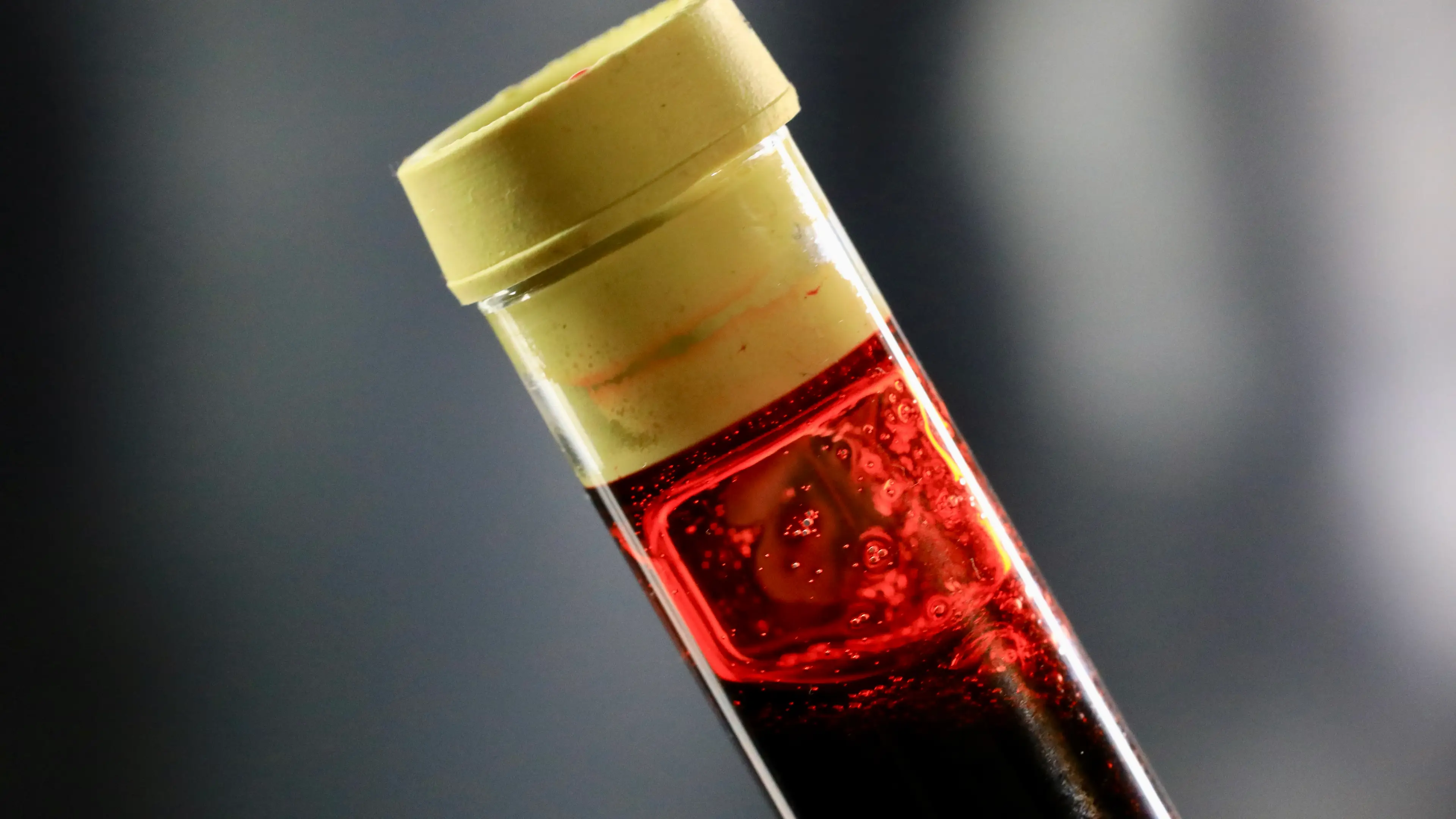
Scientists have warned that people with a particular blood type are more likely to have a stroke earlier in life.
When it comes to keeping our bodies healthy, blood type isn't something we tend to think about - mostly because you can't control it.
In fact, it's thought that half of all Brits aren't even aware of what their blood type is.
But according to research, it could be a crucial contributing factor to having a stroke before the age of 60.
Advert
Researchers at the University of Maryland have found that people with type A blood are more at risk of experiencing an early-onset stroke.
Strokes typically occur when there is a blockage restricting normal blood flow to the brain.

Dr. Steven J. Kittner, co-principal investigator of the study, noted that the number of people experiencing strokes earlier in life is rising.
He said: "These people are more likely to die from the life-threatening event, and survivors potentially face decades with disability.
"Despite this, there is little research on the causes of early strokes."
After analysing their genetic make-up, it was clear that there was a potential link between early strokes, and whether your blood type is A, AB, B, or O.
Those in the study that had type A blood, which is 36% of all Americans, had a 16% higher risk of suffering an early stroke.
Kittner explained: "We still don’t know why blood type A would confer a higher risk, but it likely has something to do with blood-clotting factors like platelets and cells that line the blood vessels as well as other circulating proteins, all of which play a role in the development of blood clots."

The study also found that those with type O blood have a lower risk.
The 2022 research involved 17,000 stroke patients, and nearly 600,000 healthy individuals who had never suffered a stroke.
All participants were between 18 and 59 years old.
Prior studies also suggest that those with type A blood are more likely to develop blood clots elsewhere in the body, such as the legs, where a condition known as deep vein thrombosis can occur.
The doctor added: "We clearly need more follow-up studies to clarify the mechanisms of increased stroke risk."
A lack of diversity among participants was also a limitation during the study.
More traditional risk factors of experiencing a stroke include high blood pressure, high cholesterol, diabetes, smoking and alcohol consumption.
